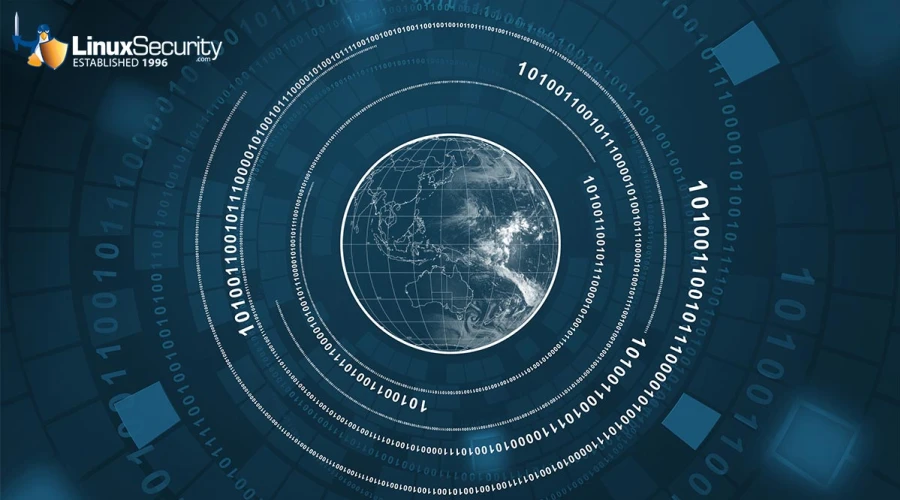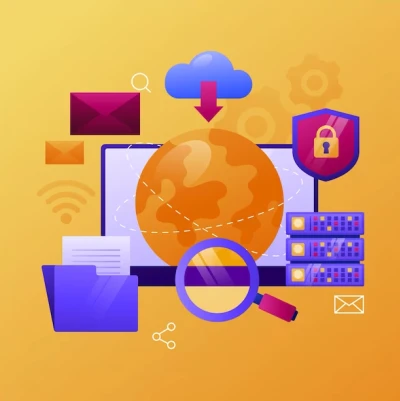
Recent news sent shockwaves through the open-source community when Greg Kroah-Hartman, a senior Linux kernel leader, announced his decision to remove several Russian Linux maintainers due to "various compliance requirements." Kroah-Hartman noted that maintainers could return if sufficient documentation is provided.
These maintainers were no minor contributors; they maintained vital hardware and Linux drivers from significant brands like Acer and Cirrus Logic. This sudden shift shook the community, sparking widespread speculation and discontentment. The lack of clear explanations led to further confusion and fear regarding its ramifications for open-source's worldwide collaboration and neutrality ethos. To help eliminate this confusion and fear, I'll examine this announcement and Linus Torvalds' response, explore geopolitical influences in open-source development, and offer practical strategies for separating these influences from open-source work.
Understanding This Announcement and Linus Torvalds' Response
Linus Torvalds, the creator of Linux, addressed this matter on the Linux Kernel Mailing List (LKML). He made his explanation clear: the changes were the result of international sanctions imposed against Russia following its invasion of Ukraine in February 2022. Torvalds dismissed any notion that this decision had anything to do with U.S. policy by emphasizing that "various compliance requirements aren't just US things."
Torvalds' response reveals a vital intersection of geopolitical tensions and open-source development. While international sanctions on Russia have usually been discussed regarding oil exports and technology imports, their reach can extend into open-source software development.
Examining Geopolitical Influences on Open-Source Development
 By its very nature, open-source development emphasizes inclusivity, global collaboration, and neutrality. However, political dynamics can easily undermine this ideal. The recent departure of maintainers indicates that geopolitical concerns increasingly impact supposedly neutral open-source development environments.
By its very nature, open-source development emphasizes inclusivity, global collaboration, and neutrality. However, political dynamics can easily undermine this ideal. The recent departure of maintainers indicates that geopolitical concerns increasingly impact supposedly neutral open-source development environments.
Open-source communities typically assume participation without regard to nationality; however, sanctions show how this principle may not always apply. Sanctions target individuals far removed from political and economic decisions that affect them directly but impact them primarily as citizens of sanctioned nations. This goes against the fundamental open-source mission of global collaboration and accessibility.
Potential Contradictions
Open-source software development adheres to the principle of nondiscrimination based on nationality, ideology, or any other individual characteristic; however, geopolitical sanctions often force communities to choose sides or make decisions that conflict with this core ethos based on external political pressures or compliance requirements.
International sanctions that affect development communities pose an additional danger: a fragmented open-source world where contributors should operate irrespective of national conflicts or political pressures. This incident highlights the tension between maintaining a neutral collaborative space and adhering to legal and political mandates from outside bodies.
Practical Strategies for Separating Geopolitical Influences from Open-Source Work
 Several strategies could be considered to protect open source development from geopolitical interference. At first, open-source communities must establish clear policies that outline how they will address situations affected by geopolitics based on principles of transparency and fairness while adhering to international regulations. Legal professionals should also be engaged in creating frameworks to guide international compliance without undermining open-source values, perhaps working alongside organizations like the Free Software Foundation or Linux Foundation in setting these guidelines. It is also crucial to promote open-source projects as advocates with international bodies to establish their software as neutral economic activities.
Several strategies could be considered to protect open source development from geopolitical interference. At first, open-source communities must establish clear policies that outline how they will address situations affected by geopolitics based on principles of transparency and fairness while adhering to international regulations. Legal professionals should also be engaged in creating frameworks to guide international compliance without undermining open-source values, perhaps working alongside organizations like the Free Software Foundation or Linux Foundation in setting these guidelines. It is also crucial to promote open-source projects as advocates with international bodies to establish their software as neutral economic activities.
Community participation is also a critical strategy. Cultivating an environment where community members actively engage in decision-making processes on ethical and geopolitical matters and encouraging dialogues to foster understanding within their ranks on significant decisions can result in a consensus or shared understanding for major decisions made within their midst. Building more decentralized models for open-source development that do not rely on contributors from one nation can help reduce the effects of geopolitical shifts. This involves dispersing code repositories and leadership roles more equitably around the globe.
Our Final Thoughts on Maintaining Neutrality in Open-Source Projects
Removing Russian maintainers from Linux kernel work highlights the complex relationship between open-source development and geopolitical tensions. While political realities cannot be avoided, it remains crucial for global open-source communities to strive toward upholding an equitable, neutral ethos defining them. By setting clear guidelines and encouraging international cooperation, the community can work toward creating an atmosphere in which geopolitical forces exert minimal impact on the open-source collaborative spirit.













